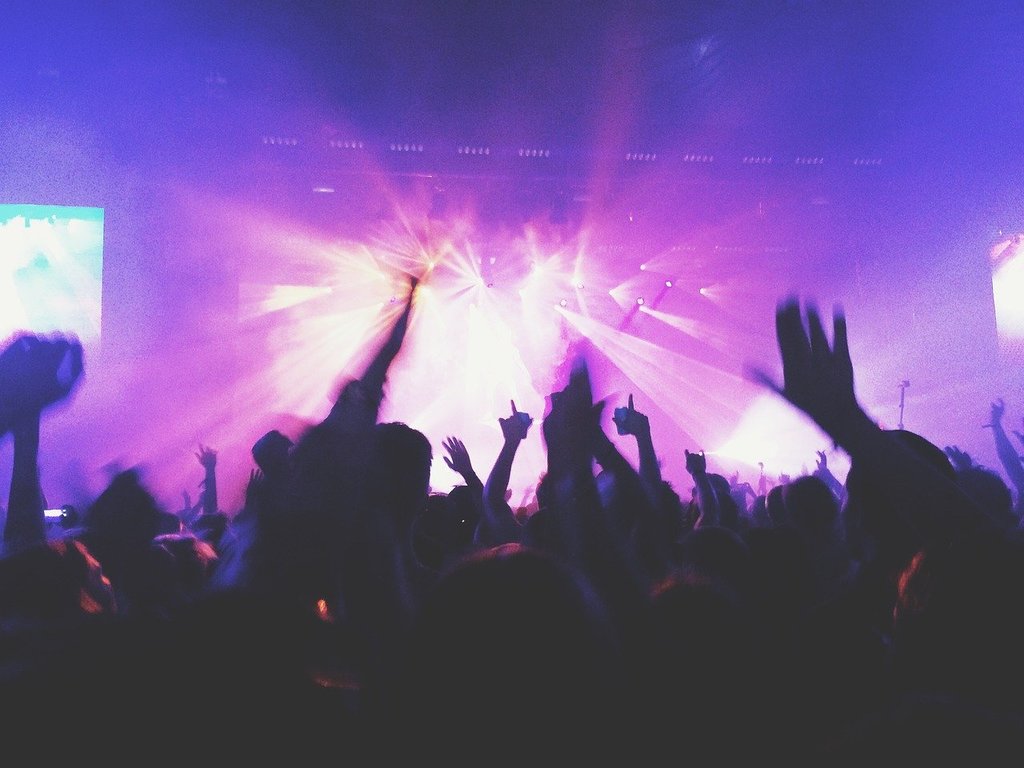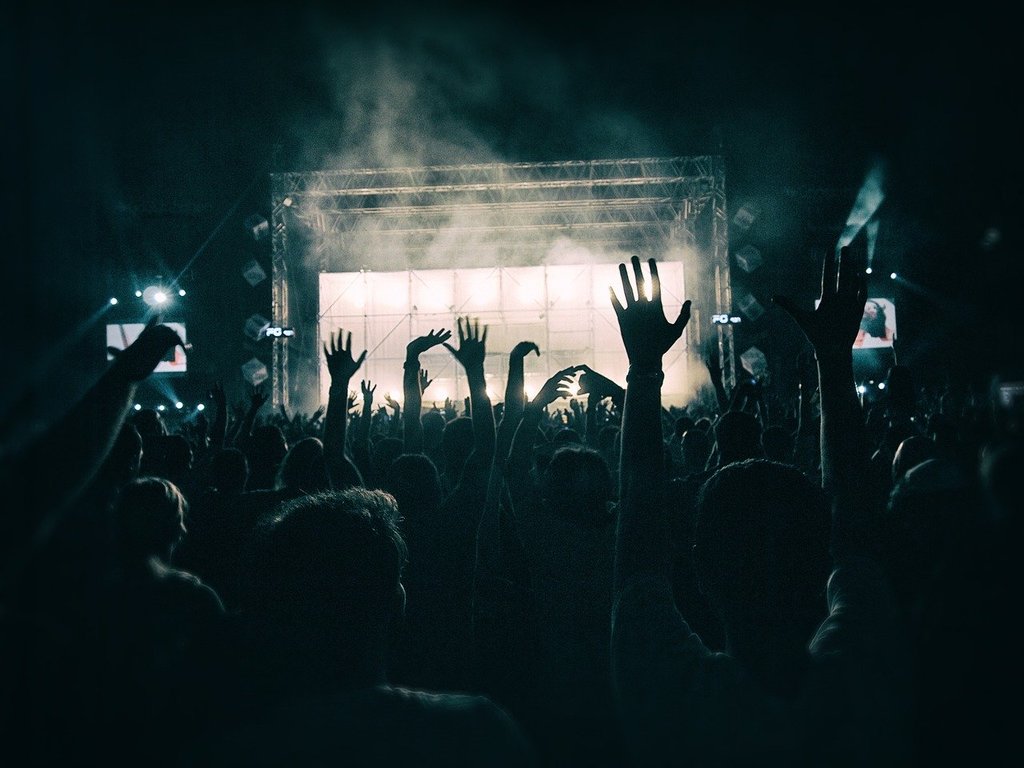Cultural festivals offer a vibrant tapestry of traditions, beliefs, and communal activities, showcasing the rich diversity that characterizes human societies. These festivals, spanning various countries and cultures, allow participants to immerse themselves in the unique practices that define different communities. From dazzling displays of fireworks to sacred rituals and colorful parades, cultural festivals provide an avenue for celebrating heritage and fostering unity.
Exploring the Vibrant World of Cultural Festivals
Around the globe, numerous cultural festivals stand out for their historical significance, exuberant celebrations, and the deep sense of belonging they evoke among participants. These festivals often mark significant events, seasonal changes, or religious observances, offering a glimpse into the heart and soul of a community.
Diwali: the Festival of Lights
Diwali, celebrated by millions of Hindus, Sikhs, and Jains worldwide, is one of the most renowned cultural festivals. Known as the Festival of Lights, Diwali signifies the triumph of light over darkness and good over evil. During this festival, homes and streets are illuminated with oil lamps and fireworks. People engage in cleaning their homes, exchanging gifts, and sharing festive meals. The rituals associated with Diwali vary by region but universally emphasize joy, prosperity, and the renewal of life.
Rio Carnival: a Spectacle of Color and Music
Brazil’s Rio Carnival is an exuberant explosion of color, music, and dance, attracting millions of visitors each year. This festival, held before Lent, features samba parades, elaborate costumes, and street parties. The highlight of the Rio Carnival is the Samba Parade, where samba schools compete with dazzling floats and intricate dance routines. This celebration is a testament to Brazil’s cultural richness and its people’s unparalleled zest for life.

Chinese New Year: a Time for Renewal
Chinese New Year, also known as the Spring Festival, is the most significant traditional festival in China. Celebrated at the turn of the lunar calendar, it marks the beginning of the new year. Festivities include dragon and lion dances, fireworks, and family reunions. Each year is associated with one of the twelve animals of the Chinese zodiac, and people partake in various customs to usher in luck and prosperity. The festival emphasizes the importance of family, respect for ancestors, and the renewal of life.
Unique Cultural Festivals from Around the Globe
The variety of cultural festivals around the world reflects the myriad ways in which different societies celebrate their heritage and beliefs. Here are some notable examples:
- Holi (India): known as the Festival of Colors, Holi is celebrated with joyous music, dance, and the playful throwing of colored powders. It symbolizes the arrival of spring and the victory of good over evil.
- Oktoberfest (Germany): this renowned beer festival in Munich celebrates Bavarian culture with traditional music, hearty food, and, of course, beer. Visitors don traditional attire and participate in various festivities.
- La Tomatina (Spain): held in the town of Buñol, this festival involves a massive tomato fight, with participants throwing ripe tomatoes at each other in good-natured fun. It’s a unique celebration that attracts tourists from all over the world.
- Mardi Gras (USA): particularly famous in New Orleans, Mardi Gras is a carnival-like celebration featuring parades, masked balls, and street parties. It’s known for its lively atmosphere and vibrant cultural displays.
Inti Raymi: celebrating the Sun God
In Peru, Inti Raymi is a traditional Incan festival that honors Inti, the Sun God. Held on June 24th in the historic city of Cusco, it marks the winter solstice in the Southern Hemisphere. The festival involves a dramatic reenactment of ancient Incan ceremonies, traditional music, and dances. Participants dress in colorful costumes, and the event draws thousands of spectators who are eager to witness this historical spectacle.
Songkran: thailand’s Water Festival
Songkran, celebrated in Thailand, marks the traditional Thai New Year and is known for its water fights. From April 13th to 15th, the streets of Thailand turn into a battleground, with people splashing water on each other to symbolize purification and the washing away of sins. The festival also includes visits to temples, where people make merit and pay respect to elders. Songkran is a joyful occasion that emphasizes the themes of renewal and fresh beginnings.
Dia de los Muertos: honoring the Departed
Mexico’s Dia de los Muertos, or Day of the Dead, is a unique festival that celebrates and honors deceased loved ones. Held on November 1st and 2nd, it involves creating altars decorated with photos, candles, and marigolds. Families gather to remember their ancestors, sharing stories, food, and music. The festival is a blend of indigenous practices and Catholic traditions, highlighting the cultural syncretism that characterizes Mexican heritage.
Embracing Cultural Diversity Through Festivals
Cultural festivals offer a window into the diverse traditions and values that shape different societies. They provide an opportunity to experience the joy, spirituality, and communal harmony that define human cultures. By participating in or learning about these festivals, one gains a deeper appreciation for the world’s rich cultural mosaic. These celebrations remind us of the beauty of diversity and the universal human desire to connect, celebrate, and honor our shared humanity.
